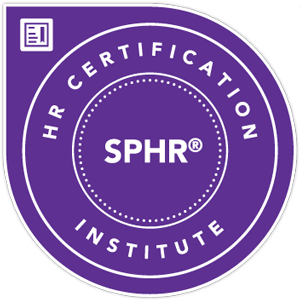At some point in your career, you’re going to feel the itch to try out something new. First off, that’s totally normal. We always wonder if the grass really is greener on the other side; and it’s completely understandable to want to find out.
However, acting on that desire is a different story. It absolutely can be done, but it’s a big decision and requires a good bit of change.
Read on to learn our tips for taking the plunge and pivoting your career…the right way.
Understand the Risk
Pivoting your career is making a massive change. And with change, comes risk. The good news is often, high risk = high reward. You could be in a career that is holding you back and making the pivot could be the big break you need.
However, be incredibly mindful of the timing of your career pivot. Usually, the rule is, the younger you are the bigger risks you can take because you have time to recover if needed. Don’t let this deter you if you are mature in your career and want a change. Simply understand that you need to go about this mindfully and have all your ducks in a row.
Determine What You Want
Sounds easy, doesn’t it? Before you send in your two weeks’ notice at your current job, ensure that you know what you are looking for in your pivot. What is it about your current industry you don’t enjoy? What do you want from your next role? Make a list so you clearly know what should be on the lookout for.
Check in on Your Network
If you’re entering an industry for the first time, it can be a big help to have a few people in your corner. When you know what exactly you are looking to shift to, let your network know and see if they can help you with the adjustment. Perhaps someone knows a hiring manager at your dream company and can get you in touch with them. Maybe you have a friend with years of experience who can talk you through the ins and outs.
Determine Your Professional Value
The hard part about entering a new industry is that you don’t have experience directly in that line of work. However, you can still give a great first impression and show your professional value. Think through your current skills and pinpoint how they will transfer into your new industry. The key is to be adaptable.
____________
About Debi
Debi is a coach to high performers, leaders and business owners wanting to achieve more and grow beyond what they believe is possible. Known for her clarifying insight and a pragmatic approach, Debi brings her clients to the next step by asking the right questions during strategy development and supporting them during strategy implementation. With experience in management, recruitment and employee development for various industries, she has a wide scope of expertise and will confidently guide you towards a successful future in your career.
Ready to take your career to the next level?
Let’s chat. Schedule a complimentary call to discuss innovative solutions to your specific needs.





